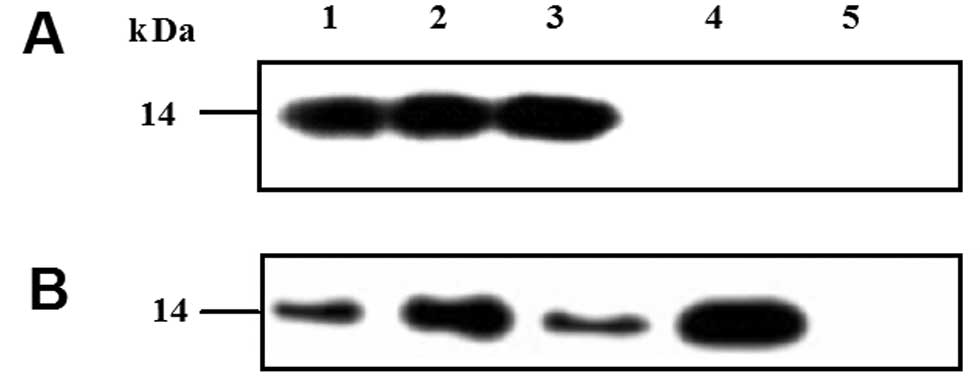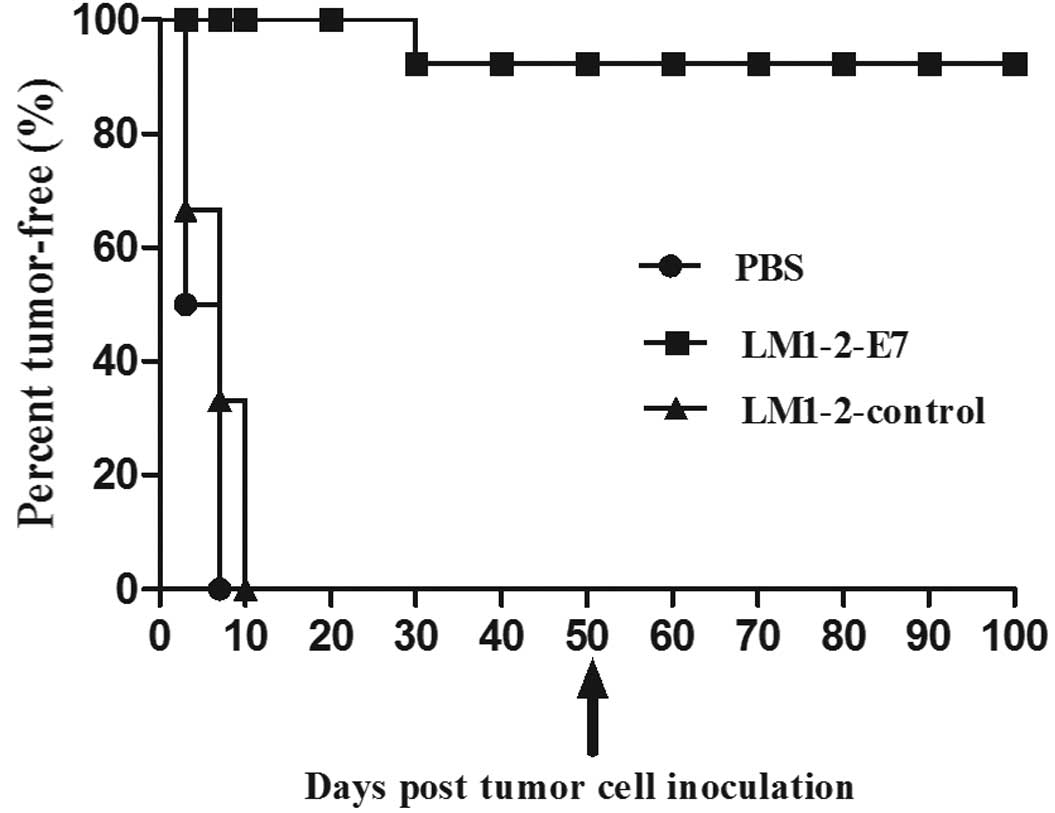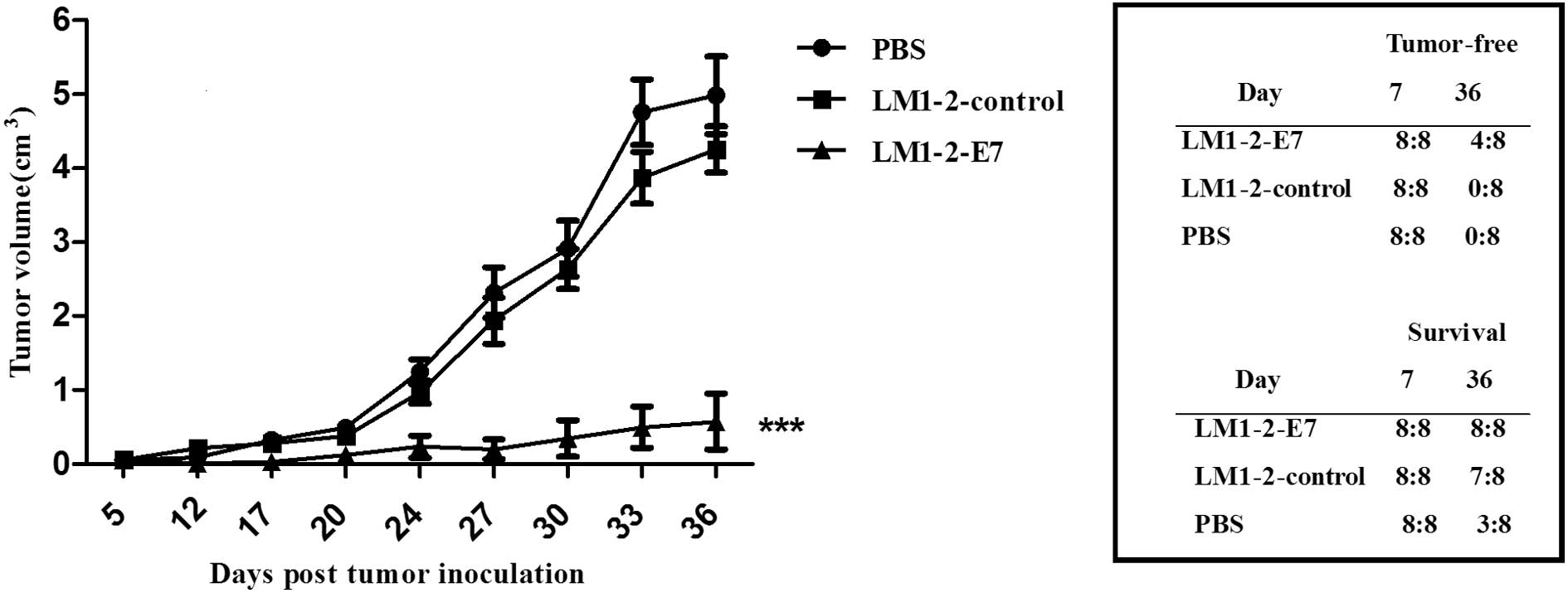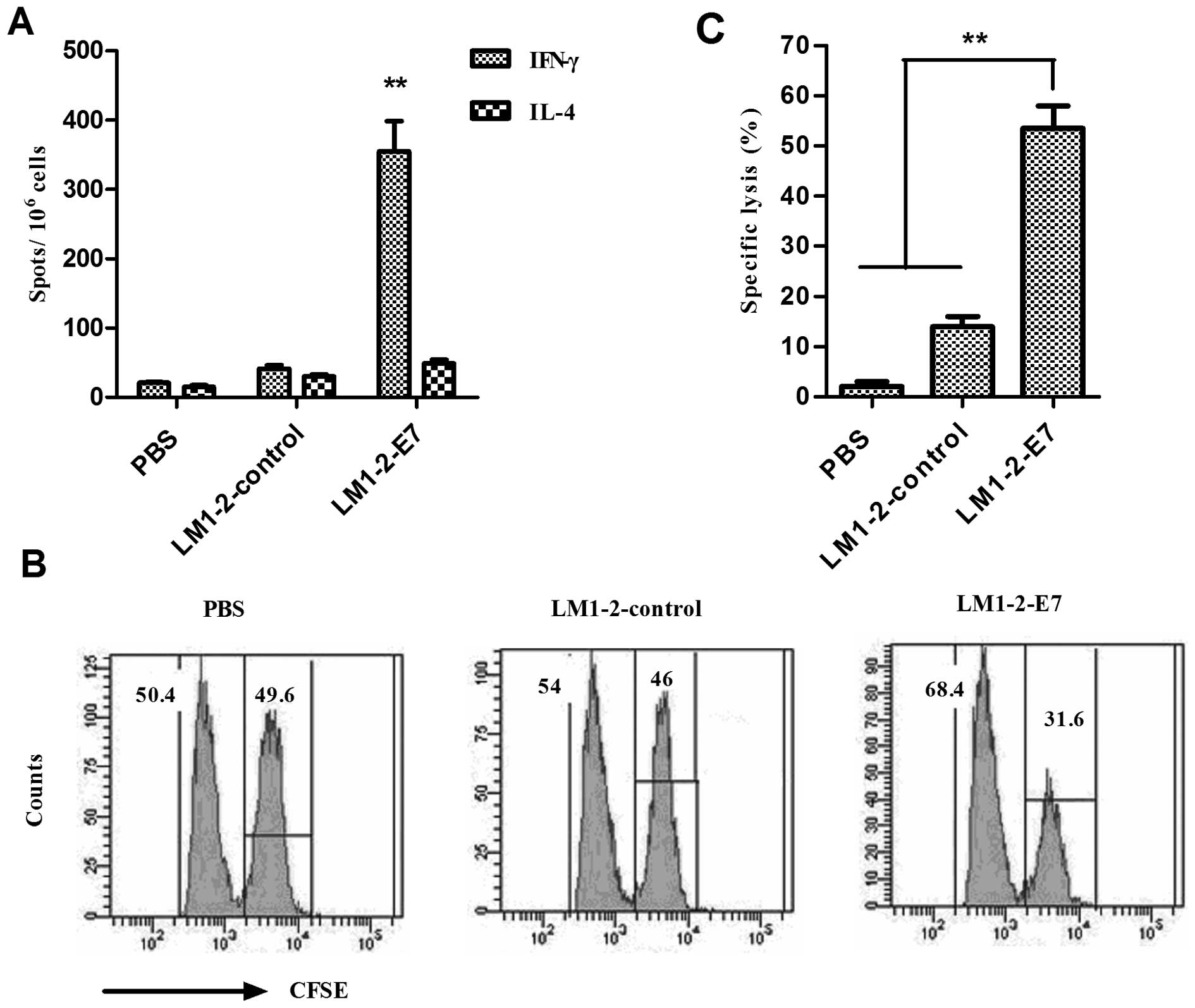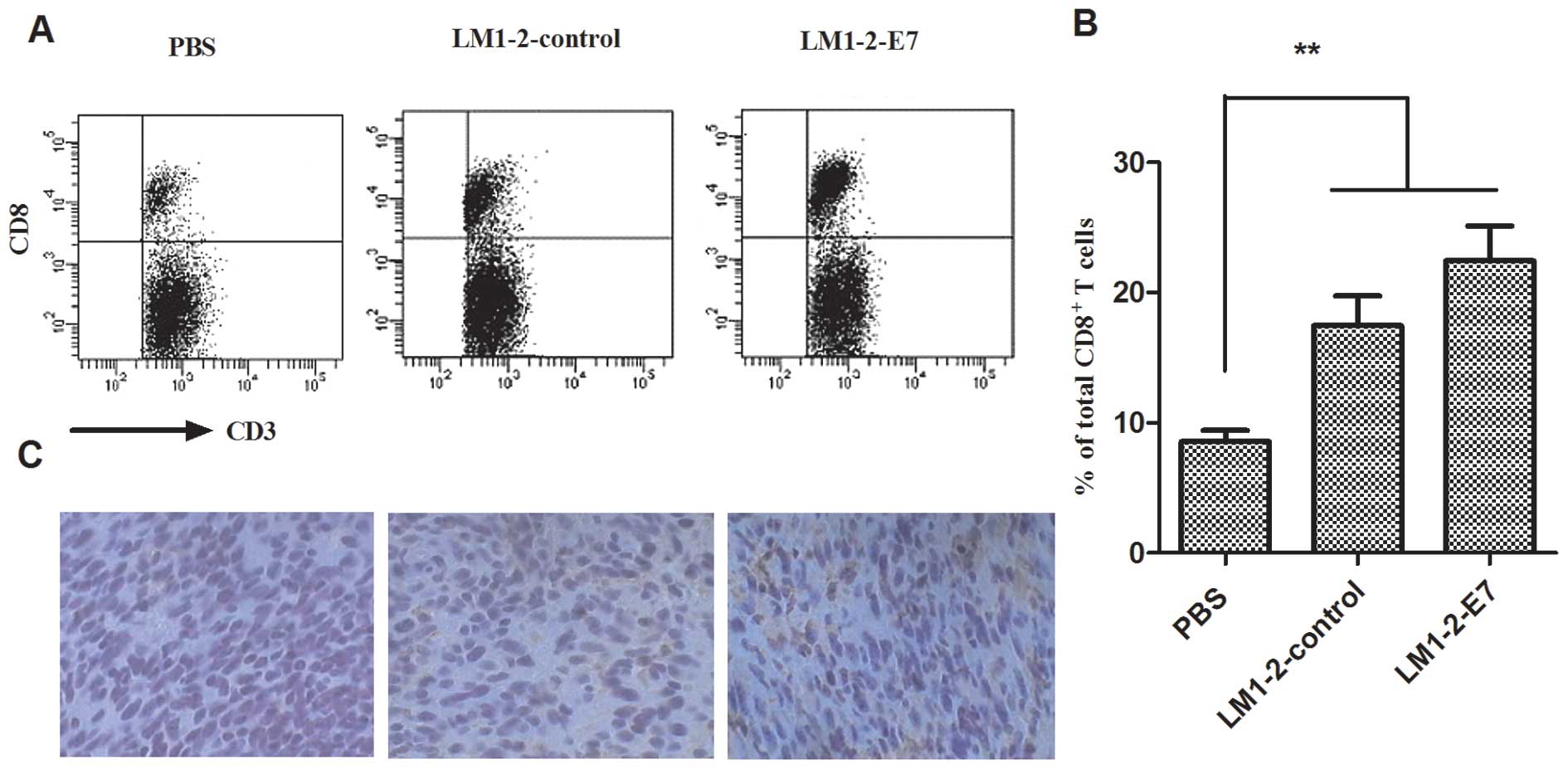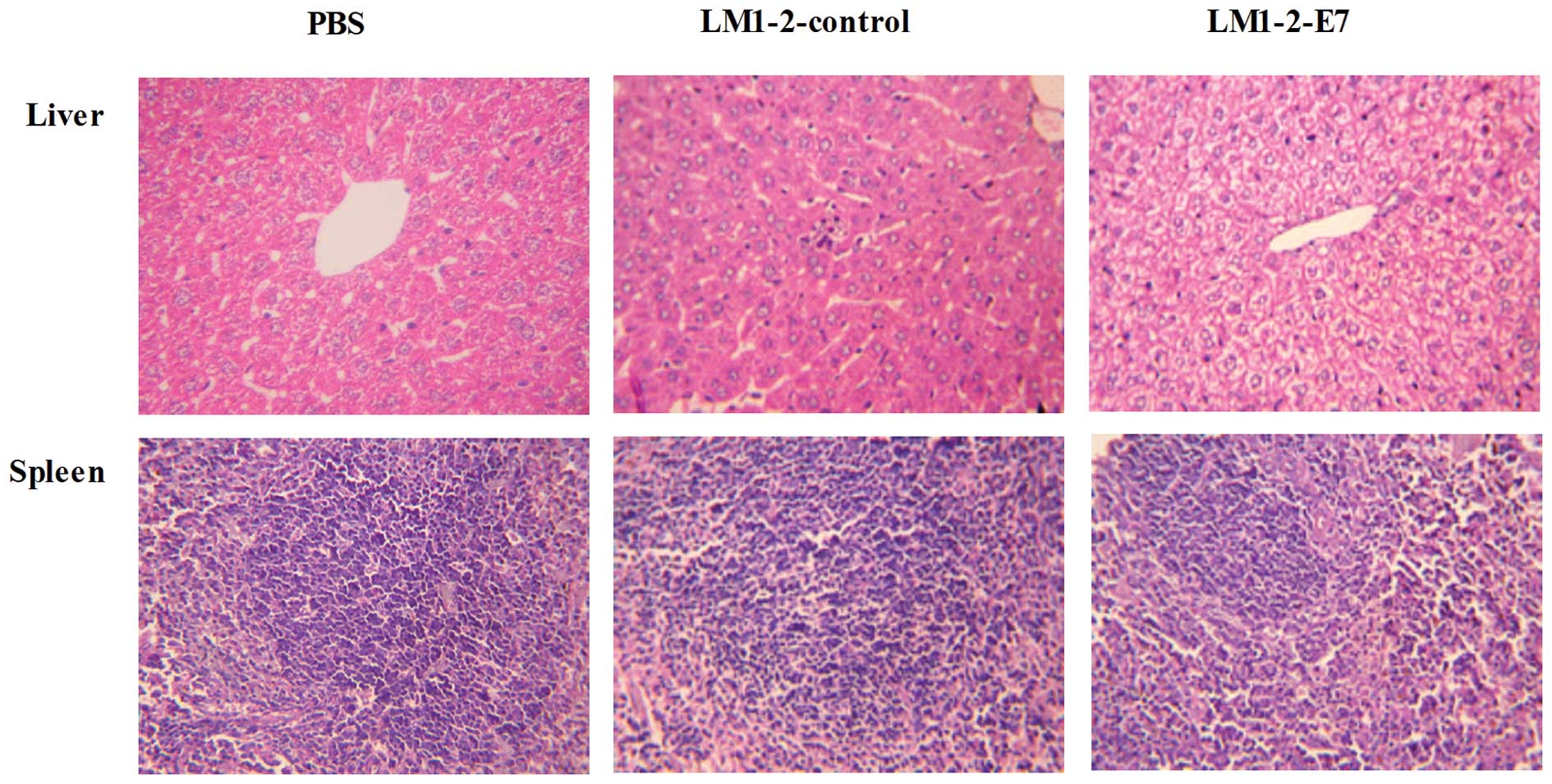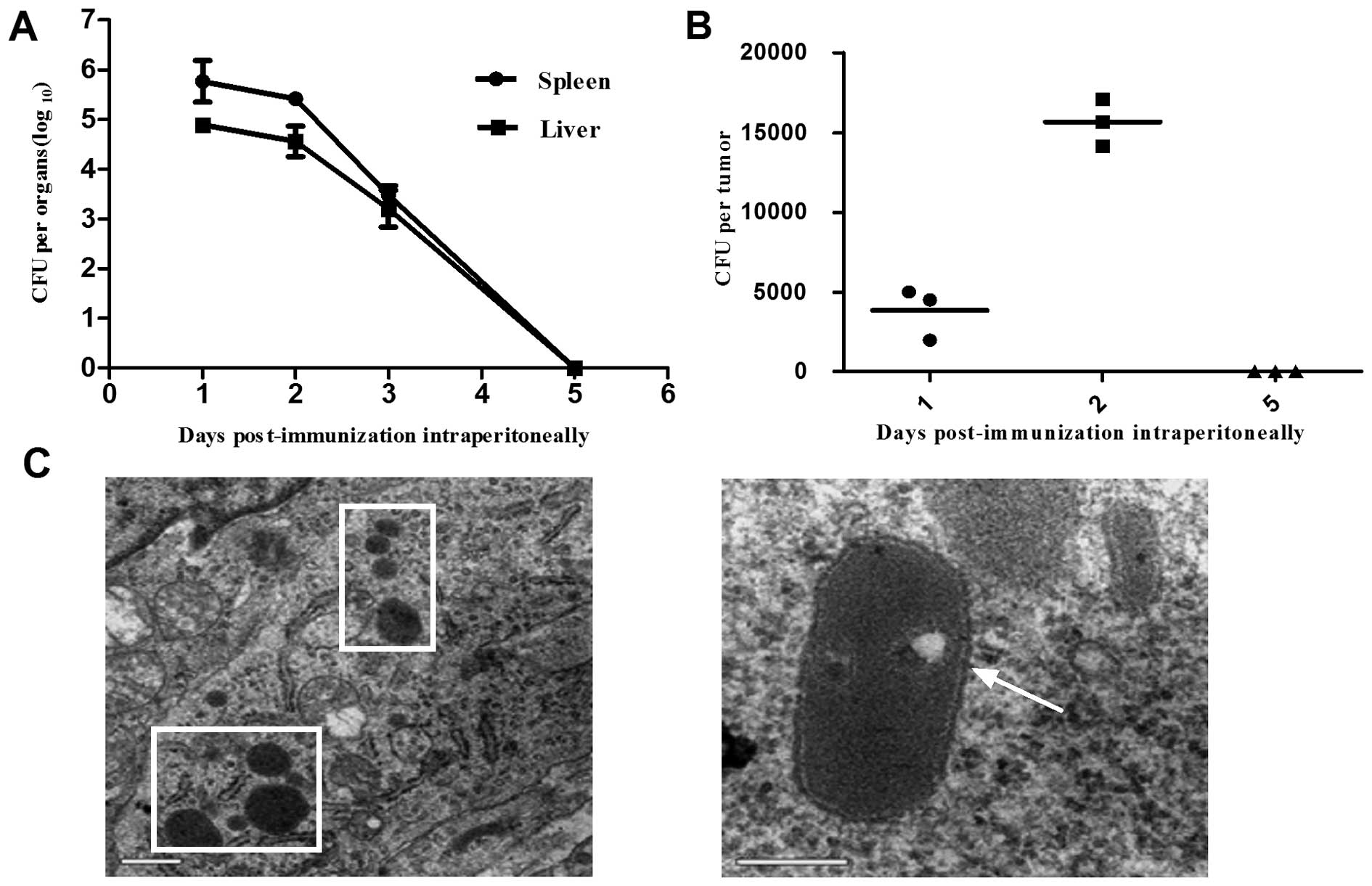|
1.
|
J CohenPublic health. High hopes and
dilemmas for a cervical cancer
vaccineScience308618621200510.1126/science.308.5722.61815860602
|
|
2.
|
A JemalF BrayMM CenterJ FerlayE WardD
FormanGlobal cancer statisticsCA Cancer J
Clin616990201110.3322/caac.20107
|
|
3.
|
G GattaMB LasotaA VerdecchiaSurvival of
European women with gynaecological tumours, during the period
1978–1989. EUROCARE Working GroupEur J
Cancer3422182225199810070290
|
|
4.
|
A SchäferW FriedmannM MielkeB
SchwartländerMA KochThe increased frequency of cervical
dysplasia-neoplasia in women infected with the human
immunodeficiency virus is related to the degree of
immunosuppressionAm J Obstet Gynecol16459359919911992708
|
|
5.
|
RM HauptC SattlerHPV vaccine continues to
be safe and effective, and its benefits continue to outweigh its
risksExpert Rev Vaccines9697701201010.1586/erv.10.5620624041
|
|
6.
|
TC WuTherapeutic human papillomavirus DNA
vaccination strategies to control cervical cancerEur J
Immunol37310314200710.1002/eji.20063697817273998
|
|
7.
|
H zur HausenPapillomaviruses and cancer:
from basic studies to clinical applicationNat Rev
Cancer2342350200212044010
|
|
8.
|
CF HungTC WuA MonieR RodenAntigen-specific
immunotherapy of cervical and ovarian cancerImmunol
Rev2224369200810.1111/j.1600-065X.2008.00622.x18363994
|
|
9.
|
V ShahabiMM SeaveyPC MaciagS RiveraA
WallechaDevelopment of a live and highly attenuated Listeria
monocytogenes-based vaccine for the treatment of
Her2/neu-overexpressing cancers in humanCancer Gene
Ther185362201120725099
|
|
10.
|
M TangneyCG GahanListeria
monocytogenes as a vector for anti-cancer therapiesCurr Gene
Ther104655201010.2174/156652310790945539
|
|
11.
|
KW BruhnN CraftJF MillerListeria as
a vaccine vectorMicrobes
Infect912261235200710.1016/j.micinf.2007.05.010
|
|
12.
|
LA ZenewiczH ShenInnate and adaptive
immune responses to Listeria monocytogenes: a short
overviewMicrobes
Infect912081215200710.1016/j.micinf.2007.05.00817719259
|
|
13.
|
A DarjiW MohamedE DomannT
ChakrabortyInduction of immune responses by attenuated isogenic
mutant strains of Listeria monocytogenesVaccine21Suppl
2102109200310.1016/S0264-410X(03)00208-112763691
|
|
14.
|
LM WoodZK PanP GuirnaldaP TsaiM SeaveyY
PatersonTargeting tumor vasculature with novel
Listeria-based vaccines directed against CD105Cancer Immunol
Immunother60931942201110.1007/s00262-011-1002-x21431419
|
|
15.
|
A WallechaPC MaciagS RiveraY PatersonV
ShahabiConstruction and characterization of an attenuated
Listeria monocytogenes strain for clinical use in cancer
immunotherapyClin Vaccine Immunol16961032009
|
|
16.
|
MM SeaveyZK PanPC MaciagA novel human
Her-2/neu chimeric molecule expressed by Listeria
monocytogenes can elicit potent HLA-A2 restricted CD8-positive
T cell responses and impact the growth and spread of
Her-2/neu-positive breast tumorsClin Cancer
Res15924932200919188163
|
|
17.
|
PC MaciagS RadulovicJ RothmanThe first
clinical use of a live-attenuated Listeria monocytogenes
vaccine: A Phase I safety study of Lm-LLO-E7 in patients with
advanced carcinoma of the cervixVaccine2739753983200919389451
|
|
18.
|
DA SewellZK PanY
PatersonListeria-based HPV-16 E7 vaccines limit
autochthonous tumor growth in a transgenic mouse model for HPV-16
transformed
tumorsVaccine2653155320200810.1016/j.vaccine.2008.07.036
|
|
19.
|
GR GunnA ZubairC PetersZK PanTC WuY
PatersonTwo Listeria monocytogenes vaccine vectors that
express different molecular forms of human papilloma virus-16
(HPV-16) E7 induce qualitatively different T cell immunity that
correlates with their ability to induce regression of established
tumors immortalized by HPV-16J Immunol16764716479200111714814
|
|
20.
|
A WallechaC FrenchR PetitR SinghA AminJ
RothmanLm-LLO-based immunotherapies and HPV-associated diseaseJ
Oncol2012542851201210.1155/2012/54285122481930
|
|
21.
|
T VerchZK PanY PatersonListeria
monocytogenes-based antibiotic resistance gene-free antigen
delivery system applicable to other bacterial vectors and DNA
vaccinesInfect
Immun7264186425200410.1128/IAI.72.11.6418-6425.2004
|
|
22.
|
P CossartA Toledo-AranaListeria
monocytogenes, a unique model in infection biology: an
overviewMicrobes
Infect1010411050200810.1016/j.micinf.2008.07.043
|
|
23.
|
EG PamerImmune responses to Listeria
monocytogenesNat Rev Immunol4812823200410.1038/nri1461
|
|
24.
|
D SchlüterE DomannC
BuckPhosphatidylcholine-specific phospholipase C from Listeria
monocytogenes is an important virulence factor in murine
cerebral listeriosisInfect Immun66593059381998
|
|
25.
|
H AngelakopoulosK LoockDM SisulER JensenJF
MillerEL HohmannSafety and shedding of an attenuated strain of
Listeria monocytogenes with a deletion of actA/plcB in adult
volunteers: a dose escalation study of oral inoculationInfect
Immun7035923601200212065500
|
|
26.
|
DG BrockstedtTW DubenskyPromises and
challenges for the development of Listeria
monocytogenes-based immunotherapiesExpert Rev
Vaccines710691084200810.1586/14760584.7.7.106918767955
|
|
27.
|
IR MonkCG GahanC HillTools for functional
post-genomic analysis of Listeria monocytogenesAppl Environ
Microbiol7439213934200810.1128/AEM.00314-0818441118
|
|
28.
|
Y YinD TianH JiaoPathogenicity and
immunogenicity of a mutant strain of Listeria monocytogenes
in the chicken infection modelClin Vaccine
Immunol18500505201110.1128/CVI.00445-1021228136
|
|
29.
|
X JiaoR Lo-ManN WinterE DériaudB GicquelC
LeclercThe shift of Th1 to Th2 immunodominance associated with the
chronicity of Mycobacterium bovis bacille Calmette- Guérin
infection does not affect the memory responseJ
Immunol17013921398200310.4049/jimmunol.170.3.139212538699
|
|
30.
|
P BerraondoC NouzéX PrévilleD LadantC
LeclercEradication of large tumors in mice by a tritherapy
targeting the innate, adaptive, and regulatory components of the
immune systemCancer
Res6788478855200710.1158/0008-5472.CAN-07-032117875726
|
|
31.
|
S NaitoAC von EschenbachR GiavazziIJ
FidlerGrowth and metastasis of tumor cells isolated from a human
renal cell carcinoma implanted into different organs of nude
miceCancer Res464109411519863731078
|
|
32.
|
K LinK DoolanCF HungTC WuPerspectives for
preventive and therapeutic HPV vaccinesJ Formos Med
Assoc109424201010.1016/S0929-6646(10)60017-420123582
|
|
33.
|
YL YinCJ ZhangDB TianZM PanXA JiaoKinetics
of mutant Listeria monocytogenes strain yzuLM1-2 in murine
infection modelVet Sci in China378508532007
|
|
34.
|
A de JongJM van der HulstGG KenterRapid
enrichment of human papillomavirus (HPV)-specific polyclonal T cell
populations for adoptive immunotherapy of cervical cancerInt J
Cancer114274282200515540211
|
|
35.
|
MD VeselyMH KershawRD SchreiberMJ
SmythNatural innate and adaptive immunity to cancerAnnu Rev
Immunol29235271201110.1146/annurev-immunol-031210-10132421219185
|
|
36.
|
YA YuS ShabahangTM
TimiryasovaVisualization of tumors and metastases in live animals
with bacteria and vaccinia virus encoding light-emitting
proteinsNat Biotechnol22313320200410.1038/nbt93714990953
|
|
37.
|
C GravekampY PatersonHarnessing
Listeria monocytogenes to target tumorsCancer Biol
Ther92572652010
|
|
38.
|
Q ZengS PengA MonieControl of
cervicovaginal HPV-16 E7-expressing tumors by the combination of
therapeutic HPV vaccination and vascular disrupting agentsHum Gene
Ther22809819201010.1089/hum.2010.07121128743
|
|
39.
|
RK SharmaRH SchabowskyAK Srivastava4-1BB
ligand as an effective multifunctional immunomodulator and antigen
delivery vehicle for the development of therapeutic cancer
vaccinesCancer Res7039453954201010.1158/0008-5472.CAN-09-4480
|
|
40.
|
S Ostrand-RosenbergAnimal models of tumor
immunity, immunotherapy and cancer vaccinesCurr Opin
Immunol16143150200410.1016/j.coi.2004.01.00315023405
|















